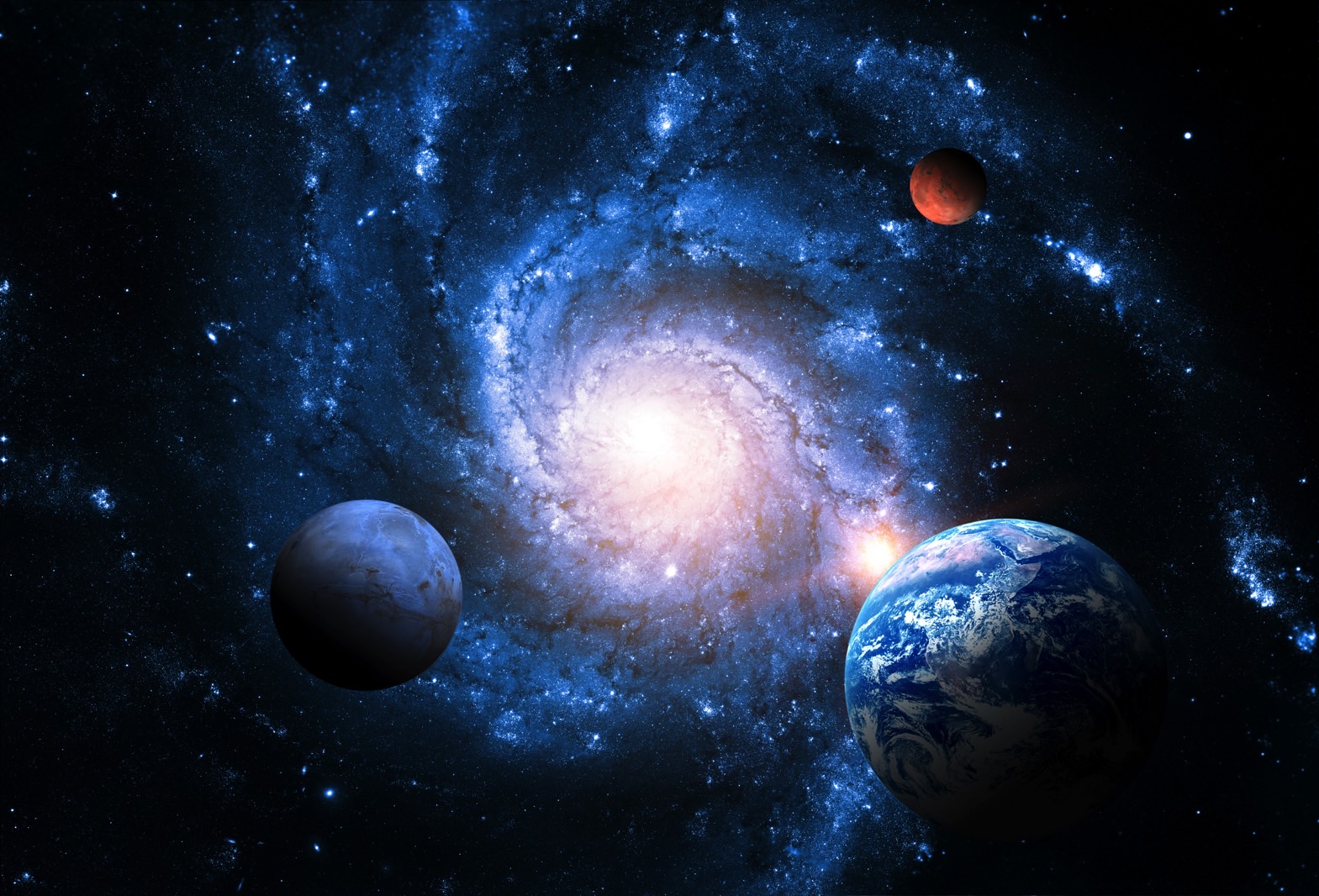A new paper suggests that our universe may have begun with two big bangs. Scientists proposed the idea after struggling for decades to explain both the mysterious beginning of the universe as well as the birth of dark matter. The first big bang could have created ordinary matter, while the second big bang is believed to have birthed dark matter later on.
The researchers who made the claim say that this particular hypothesis is testable with the current technology and that we should be able to confirm or disprove it within just a few short years. It’s an exciting idea, especially since the Big Bang has played such a massive part in the current theories of how our universe evolved.
If there was, in fact, a second big bang, it could open up a lot of additional room that we need to truly understand dark matter and how it works. Dark matter is believed to make up most of the universe, and thus far, we’ve been unable to completely prove what dark matter is or even identify it in any particular way.

Of course, that isn’t for lack of trying. Even now, the European Space Agency (ESA) has a telescope in orbit that could very well give us our first glimpse at dark matter and help explain some of the implications of this new theory along the way.
The currently accepted theory of how our universe began suggests that a tiny fraction of a second after the universe first began, massive inflation occurred, during which the universe expanded quickly – so fast, in fact, that it moved faster than the speed of light. This inflation is believed to have been driven by a form of energy called “vacuum energy.”
The moment that this vacuum energy transformed and began to create matter is the moment that scientists refer to as the Big Bang. However, a second big bang suggests that after the initial inflation period ended, another might have begun, which created dark matter, which only reacts with regular matter because of gravity.
The new theory says that dark matter could have been created by what scientists are calling dark vacuum energy as long as a month later, effectively changing our understanding of the universe’s beginnings if proven true.








